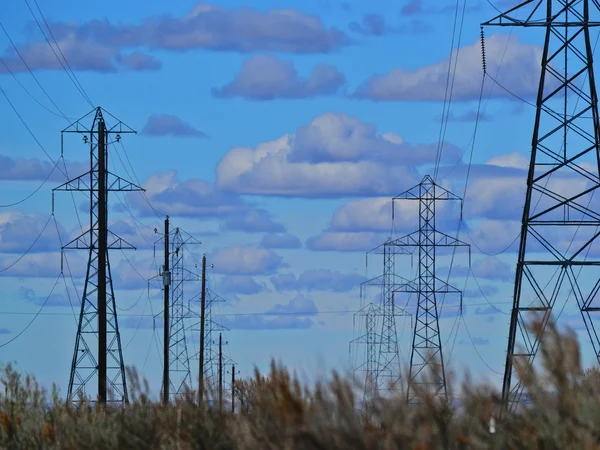
Utility Electricity vs. Solar Energy: Which is better?
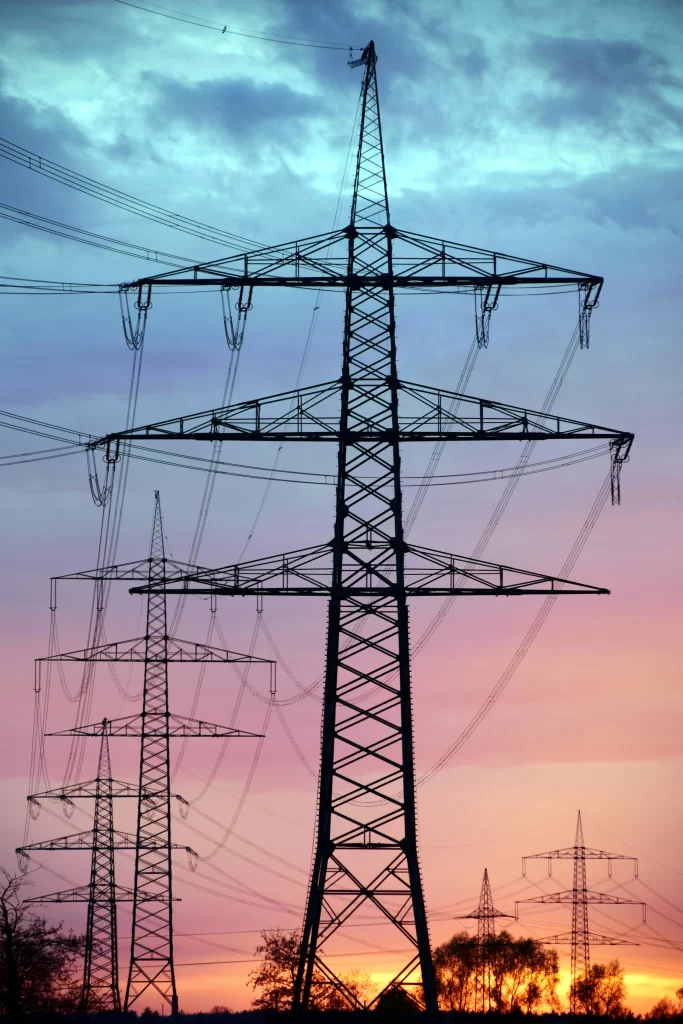
In terms of providing a reliable source of electricity which one is really better?
According to US Energy Information Administration (EIA), the average monthly electricity bill for residential customers increase by 13% from 2021 to 2022. That’s an average rise of $121 a month to $137 a month. Factors such as:
Increased electricity demand
Rising fuel costs
Regional setbacks
On the other hand, solar energy is now an emerging cost-effective alternative. Homeowners are increasingly turning to solar panels to cut down on their monthly utility bills. Solar panels set the price you pay for electricity lower than what you would pay on the grid, approximately 8 cents per kWh for solar versus the national average of 16.6 cents per kWh for grid electricity. Moreover, solar energy shields you from the ever-rising cost of grid electricity. In fact, there are over a million solar installations across the country.
At the end of the article, you will be able to get answers to these questions like is it good to switch to solar? should you consider going solar? is solar better or should you just stay using utility electricity? Let’s get started!
What is Utility Electricity?
Utility electricity, also known as electric power, is the electricity that we use in our daily lives. It’s produced by power plants and delivered to homes, businesses, and other facilities through a complex network of power lines and substations, collectively known as the electric grid.
Here’s how it works: Power plants generate electricity, often by burning fossil fuels to heat water and produce steam. This steam spins a turbine, which turns a generator, converting mechanical energy into electrical energy.
This electricity is then transmitted over long distances through high-voltage power lines. When it reaches your neighborhoods, transformers reduce the voltage so it can be safely distributed to your home. Once inside, it powers everything from lights and appliances to computers and TVs.
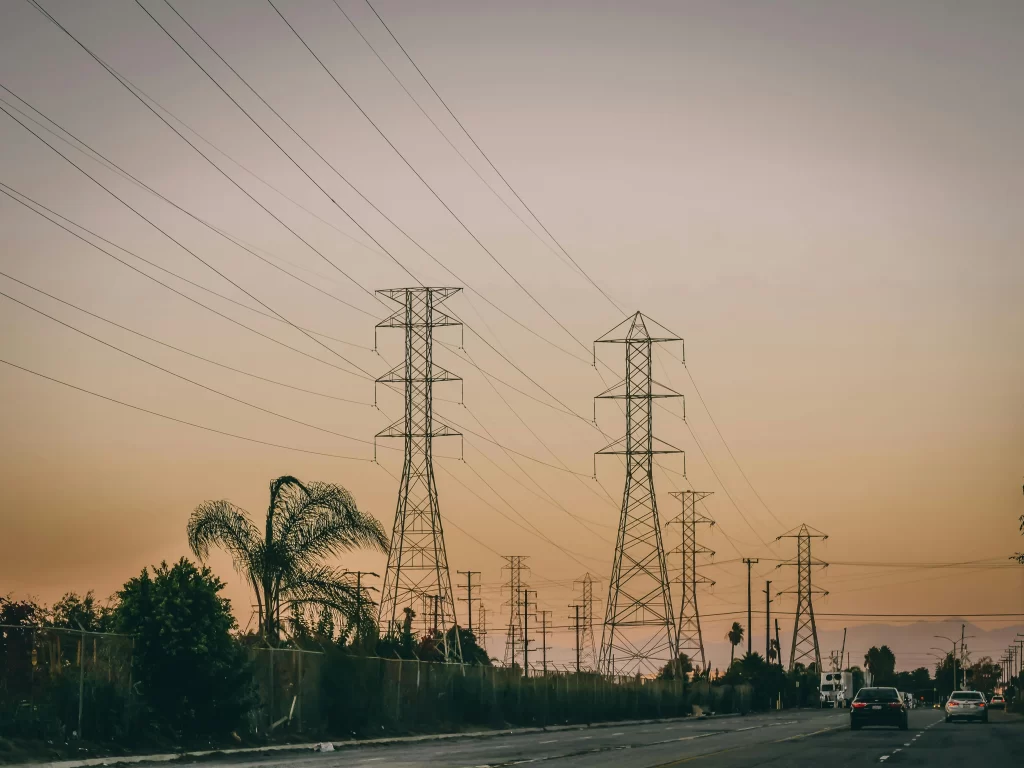
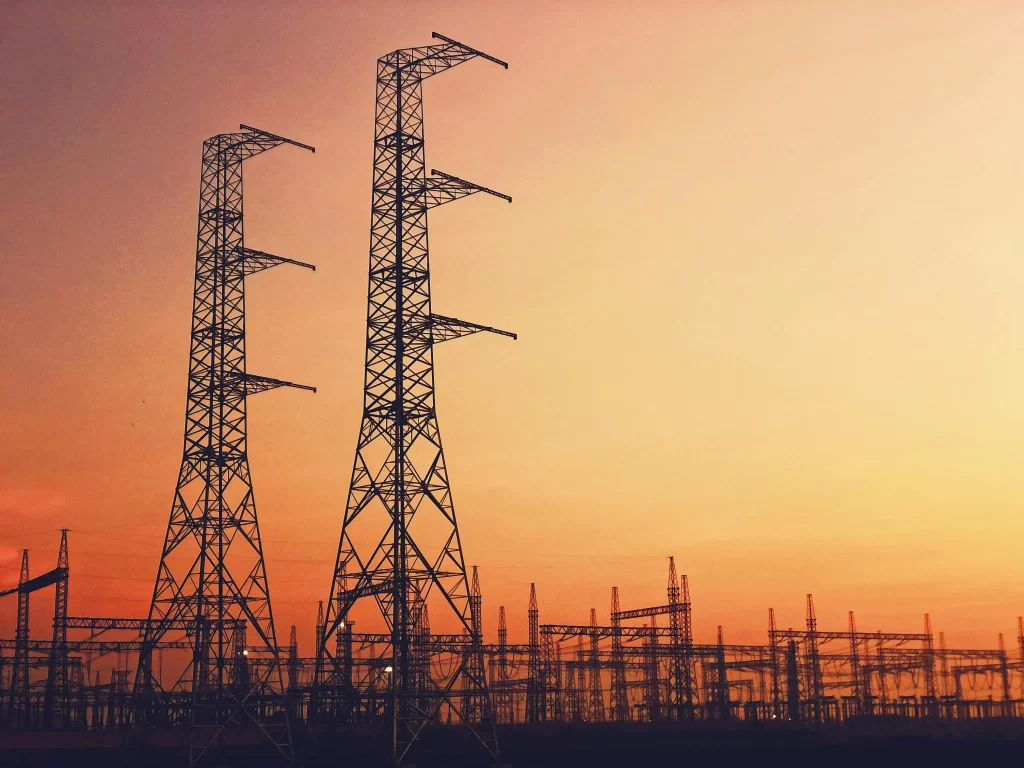
Current Status of Utility Electricity
In the United States, as of November 2023, the average residential electricity rate was about 15.12 cents per kilowatt-hour (kWh). The cost of utility electricity is influenced by various factors such as fuel prices, power plant costs, transmission and distribution system costs, weather conditions, and regulations.
Recent trends show that electricity prices have been rising, with a year-over-year growth of 10.7% in 2022. This increase was driven by a combination of more extreme temperatures, which increased U.S. consumption of electricity for both heating and cooling, and higher fuel costs for power plants.
Rising Cost of Electricity in CT
In Connecticut, the cost of electricity has been on the rise. As of January 1, the two biggest electric utilities in the state, Eversource and United Illuminating, implemented significant rate increases that could raise the average electric bill for residential customers by about $80 each month. These rate hikes are primarily driven by skyrocketing global energy costs, particularly due to conflicts such as the war in Ukraine. It’s important to note that these costs can fluctuate based on a variety of factors, including changes in the global energy market and local regulations.
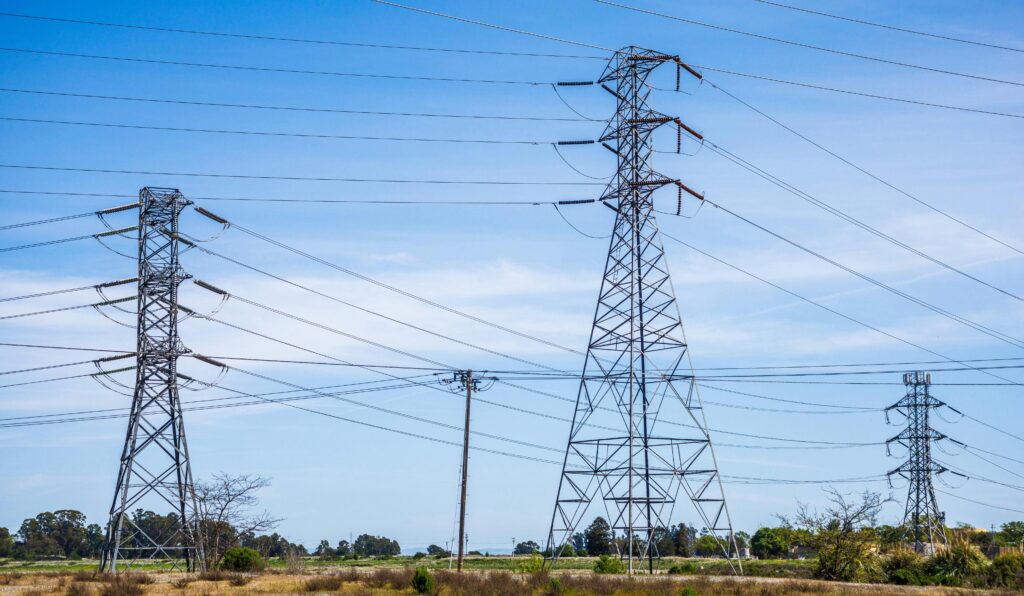
Solar Power
Now what is Solar Power?
Solar power is the conversion of energy from the sun into electricity. This process involves the use of solar panels, which are composed of cells that use the photovoltaic effect to convert sunlight directly into electricity. When sunlight hits the solar cell, photons are absorbed by the atoms in the cell, causing electrons to break loose and generate electricity. Additionally, a device called a solar inverter is used to convert the Direct Current (DC) electricity from the solar panels into Alternating Current (AC) electricity that can be used in homes.
Learn more about solar power here.
Utility Electricity vs Solar Energy
As our needs for electricity rises, so as our need to find alternative sources that would not hurt our wallets. It was outlined above as to what is the current situation on the utility electricity as well as it is also indicated how solar power works and what benefits it could give us as homeowners. Thus, we are now on the process of evaluating which is better.
Here are the pros and cons in terms of cost-effectiveness, environmental impact, reliability and scalability of utility electricity and solar energy.
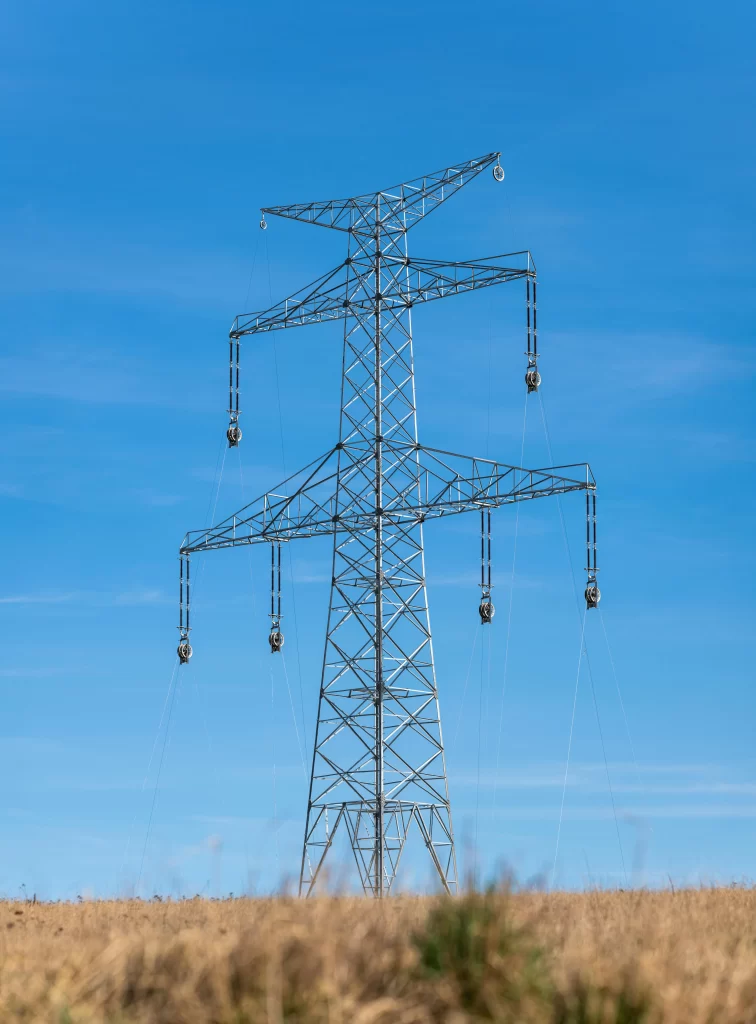
Utility Electricity
Pros
- stable and predictable expense
- Wide availability and immediate use without need for installation or setup
- Reliable and continuous power supply regardless of weather conditions.
- Typically very reliable, with power outages being relatively rare and usually short-lived.
- Utility-scale power plants can be built to generate large amounts of electricity, making them highly scalable
Cons
Prices can increase due to factors such as rising fuel costs and infrastructure upgrades.
Dependence on the grid can lead to higher costs in areas with high electricity rates.
Traditional power plants, especially those that burn fossil fuels, contribute to air pollution and climate change.
Power plants require significant water resources for cooling purposes.
Extreme weather events or infrastructure issues can lead to longer outages.
They require significant land and resources.
Solar Energy
Pros
Potential for significant long-term savings.
Ability to sell excess power back to the grid in some regions.
Can reduce or even eliminate electric bills.
Solar panels produce electricity without emitting greenhouse gases.
They do not require water for operation, making them a more environmentally friendly option.
With the addition of energy storage systems, solar energy can be stored and used when sunlight is not available.
Solar energy can be scaled both up and down.
Large solar farms can generate substantial amounts of electricity, while smaller installations can power individual homes or businesses.
The scalability of solar energy makes it a flexible solution that can be adapted to various needs and contexts.
Cons
Cost-effectiveness can be influenced by local sunlight levels and government incentives.
Savings depend on the amount of sunlight your location receives, which can be variable.
The production and disposal of solar panels can have environmental impacts.
Solar power is dependent on weather conditions and daylight hours, which can limit its availability.
The reliability of solar energy is dependent on sunlight availability.
Solar panels do not generate power at night and produce less power during cloudy days.
The initial cost for setting up solar panels can be high, especially for larger installations.
The efficiency and effectiveness of solar energy generation can be influenced by geographical location and weather conditions.
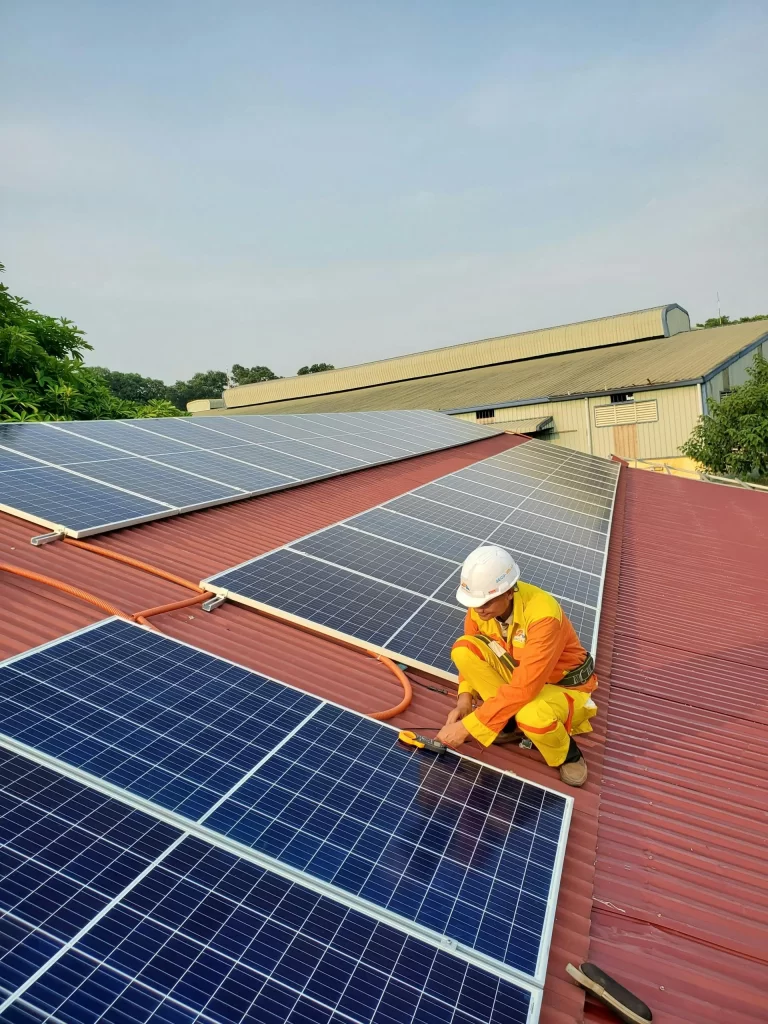
Conclusion
In conclusion, both utility electricity and solar energy have unique advantages and challenges. Utility electricity is reliable and scalable but carries environmental impacts and price volatility. Solar energy offers sustainability and long-term savings, though its efficiency depends on location and weather conditions.
This decision often comes down to balancing these factors with specific energy needs – which is why consulting with solar companies is a smart first step. As a solar company in Connecticut, Prime Energy Solar provides clarity by analyzing your property’s potential, explaining state incentives, and designing systems tailored to New England’s climate. We help maximize solar’s benefits while mitigating its limitations, making the right choice clear through expert guidance.
Sources
- https://www.eia.gov/todayinenergy/detail.php?id=56660
- https://www.solar.com/learn/lower-your-electricity-bill/
- https://www.energy.gov/energysaver/benefits-residential-solar-electricity
- https://en.wikipedia.org/wiki/Electricity
- https://www.eia.gov/electricity/monthly/epm_table_grapher.php?t=epmt_5_6_a
- https://www.eia.gov/energyexplained/electricity/prices-and-factors-affecting-prices.php
- https://www.statista.com/statistics/201714/growth-in-us-residential-electricity-prices-since-2000/
- https://www.eia.gov/todayinenergy/detail.php?id=56660
- https://www.ctpublic.org/news/2022-12-16/connecticut-is-not-the-only-new-england-state-facing-big-electric-rate-increases
Articles you might like
Check out our other pages
Need assistance?
- Contact us here
- Call us – 203-408-2440
- Business Hours – 9am to 5pm Mon-Fri
FAQ
Check out our most frequent questions here
Electric utilities are companies that generate and deliver electricity to homes and businesses. They produce power from various sources like fossil fuels, nuclear, and renewables, then distribute it through a network of power lines and substations. These companies also maintain the infrastructure needed to ensure a continuous power supply.
Yes, many utility companies offer programs and discounts to help reduce electricity costs. These may include:
- Low-income assistance programs
- Time-of-use discounts (cheaper rates during off-peak hours)
- Government rebates or incentives
Contact your local utility provider or government agency to check your eligibility for these programs.
Here are some practical tips to lower your electricity bill:
- Use smart plugs, power strips, and thermostats to manage energy use.
- Switch to energy-efficient appliances and maintain them regularly.
- Turn off lights and appliances when not in use.
- Consider installing solar panels to generate your own clean energy and reduce reliance on the grid.
Solar energy can be a great investment, especially in areas with high electricity rates and ample sunlight. Benefits include:
- Lower electricity bills (solar costs around 8 cents/kWh vs. 16.6 cents/kWh for grid electricity).
- Protection against rising utility rates.
- Potential to earn credits by selling excess energy back to the grid (net metering).
However, the initial installation cost and local sunlight availability are important factors to consider.
Solar energy is much cleaner than traditional utility electricity, which often relies on fossil fuels. Benefits of solar include:
- No greenhouse gas emissions during operation.
- No water usage for energy production (unlike coal or nuclear plants).
- Reduced air pollution and carbon footprint.
However, the production and disposal of solar panels do have some environmental impact, though it’s significantly lower than fossil fuel-based energy over the long term.
Contact Us
25 Eastern Steel Road
Milford, CT, United States
(+1) 203-408-2440
info@primeenergysolar.com
marketing@primeenergysolar.com
If you are a reporter looking for information on media services please contact us at:
marketing@primeenergysolar.com
